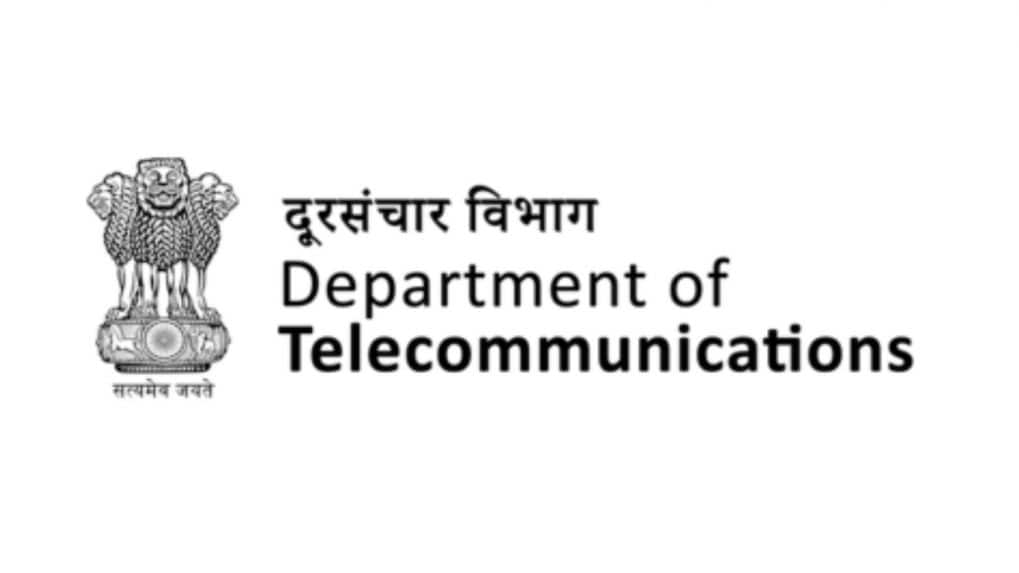Brand Makers
Dil Ka Jod Hai, Tootega Nahin

The Union Department of Telecommunications (DoT) has blocked more than two crore mobile connections linked to fraudulent activities and reduced spoof calls by 97 percent, telecom secretary Dr. Neeraj Mittal announced on Wednesday, PTI reported.
Speaking via video link at the DoT's annual West Zone Conference on security matters, he credited initiatives like Sanchar Saathi for the sharp decline in spoof calls.
"Call spoofing is when callers disguise their caller ID information to hide who they really are. Scammers may use it commit fraud. With Sanchar Saathi and related efforts, we were able to cut spoof calls by 97 percent," Mittal said.
He also revealed that the DoT has built a digital intelligence platform to help financial institutions crowdsource fraud-related information. "This helps generate actionable intelligence and proactively creates a cyber-secure environment," he explained, as per the report.
Highlighting the growing misuse of telecom resources, particularly in financial frauds, he stressed the need for enhanced security measures.
The DoT has already disconnected 78 lakh fraudulent connections and shut down 71,000 points of sale using artificial intelligence.
Further, the department is expanding telecom testing labs to ensure high-quality, certified equipment.
It has also introduced a financial fraud risk indicator in collaboration with industry partners, which has proven effective in identifying mobile numbers linked to scams. The department is also preparing to upgrade its centralised monitoring system to further enhance surveillance and security. the report added.
"The raucous, almost deafening, cuss words from the heartland that Piyush Pandey used with gay abandon turned things upside down in the old world order."
Read MoreFrom OpenAI’s ChatGPT-powered Atlas to Microsoft’s Copilot-enabled Edge, a new generation of AI-first browsers is transforming how people search, surf and interact online — and reshaping the future of digital advertising.